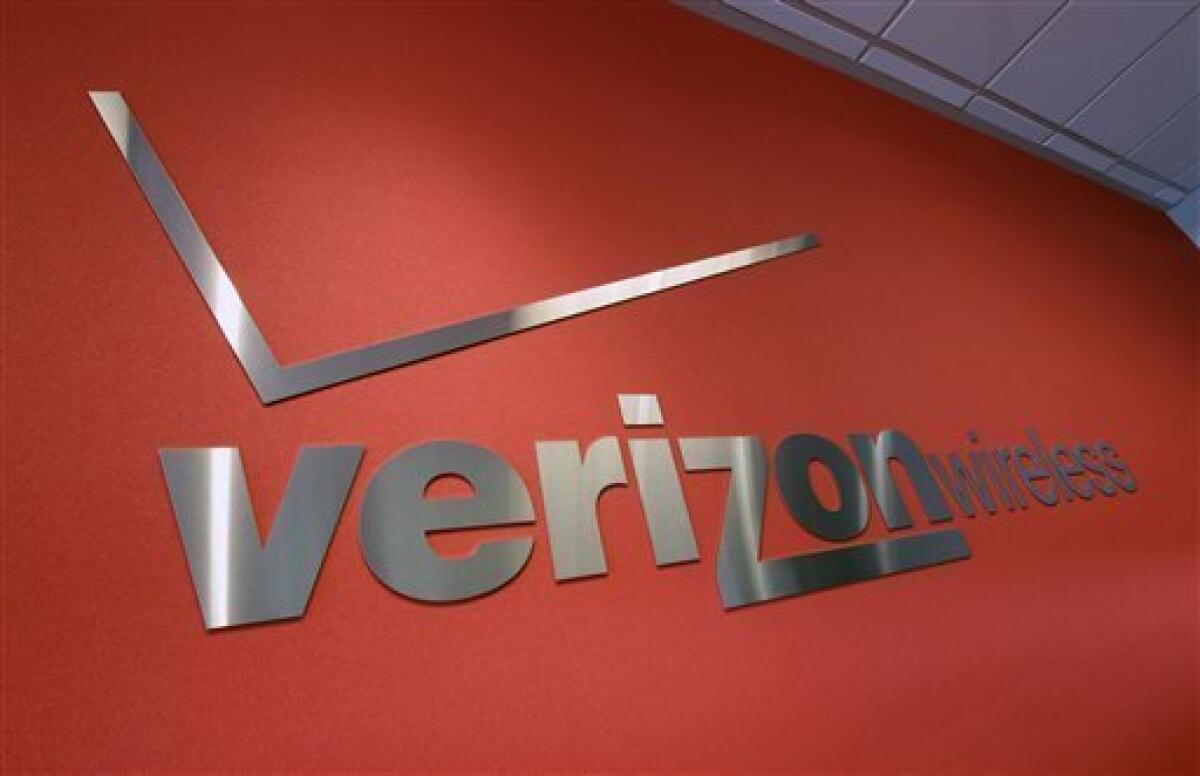Verizon, AT&T to pay $116 million to settle California whistleblower lawsuit

Verizon Wireless and AT&T Mobility have agreed to pay a combined $116 million to settle a long-running lawsuit alleging the wireless carriers overcharged hundreds of California cities, schools and other government entities.
The lawsuit, filed by a whistleblower in 2012, charged that Verizon and AT&T failed to optimize rate plans to the lowest cost option as pledged in their contracts with governments.
The settlement was approved Thursday in Sacramento County Superior Court. It is the second-largest California False Claims Act award in the state’s history outside of the healthcare industry, according to Constantine Cannon and Susman Godfrey, the law firms that represented the whistleblower.
“The conduct alleged by the whistleblower was shocking: that our country’s largest wireless carriers made promises to California government agencies to get their business but failed to provide the same cost-saving service many Fortune 500 companies receive,” Wayne T. Lamprey of Constantine Cannon said in a statement.
Verizon will pay $68 million and AT&T $48 million under the settlement terms. Nearly 300 state and local government entities across California are earmarked to receive proceeds. Verizon will pay $8 million and AT&T will pay $3 million to settle claims from a Nevada suit.
The entities include the California State University and the University of California systems, Los Angeles and Orange counties as well as cities, school districts, irrigation districts and hospital districts statewide.
Verizon and AT&T also will pay an additional $23.45 million and $13 million, respectively, in attorneys’ fees.
Verizon spokesman Rich Young told the Associated Press that the carrier “settled these meritless claims to avoid a protracted legal battle.” Young said the California attorney general’s office decided not to sue after its own investigation of the government contracts in California and Nevada, so a whistleblower sued using a provision of the act that allows for such independent lawsuits on the state’s behalf.
In a statement, an AT&T spokesman said the company “complied with our contracts and the law, and we deny any wrongdoing. However, nearly eight years after the suit was filed, the parties have decided to settle rather than continue costly and time-consuming litigation.”
Sprint and T-Mobile previously reached settlements in the California case for $9.6 million combined.
The whistleblower lawsuit contended Verizon’s and AT&T’s contracts mandated the governments be charged at the lowest cost available among dozens of plan options. Moreover, the wireless carriers promised to identify optimized rate plans to drive down costs based on actual usage.
The companies fell short of these obligations for several years, according to the lawsuit. Later, about 30 government agencies intervened with additional legal claims of breach of contract and unfair business practices, according to court documents.
The whistleblower, OnTheGo Wireless, will receive about $47.7 million of the settlement as a reward. Founded by Jeffrey Smith, the firm specialized in wireless rate plan optimization and worked with both wireless carriers and corporate and government customers.
In a tentative ruling, Judge Judy Holzer Hersher found that the reward was justified in part because OnTheGo Wireless discovered and reported overcharging that was unknown to government entities.
Smith also provided expertise in genuine rate plan optimization and helped expose how widespread the overcharges were across California’s public sector wireless customers. OnTheGo Wireless eventually went out of business, and Smith was blackballed from the industry.
“I’m immensely gratified to have helped California taxpayers and that the government will have these funds at this difficult time,” Smith said in a statement.
More to Read
Updates
1:30 p.m. Oct. 7, 2020: This story was updated to include that the whistleblower attorneys also represented 30 government entities in the lawsuit.
Inside the business of entertainment
The Wide Shot brings you news, analysis and insights on everything from streaming wars to production — and what it all means for the future.
You may occasionally receive promotional content from the Los Angeles Times.











